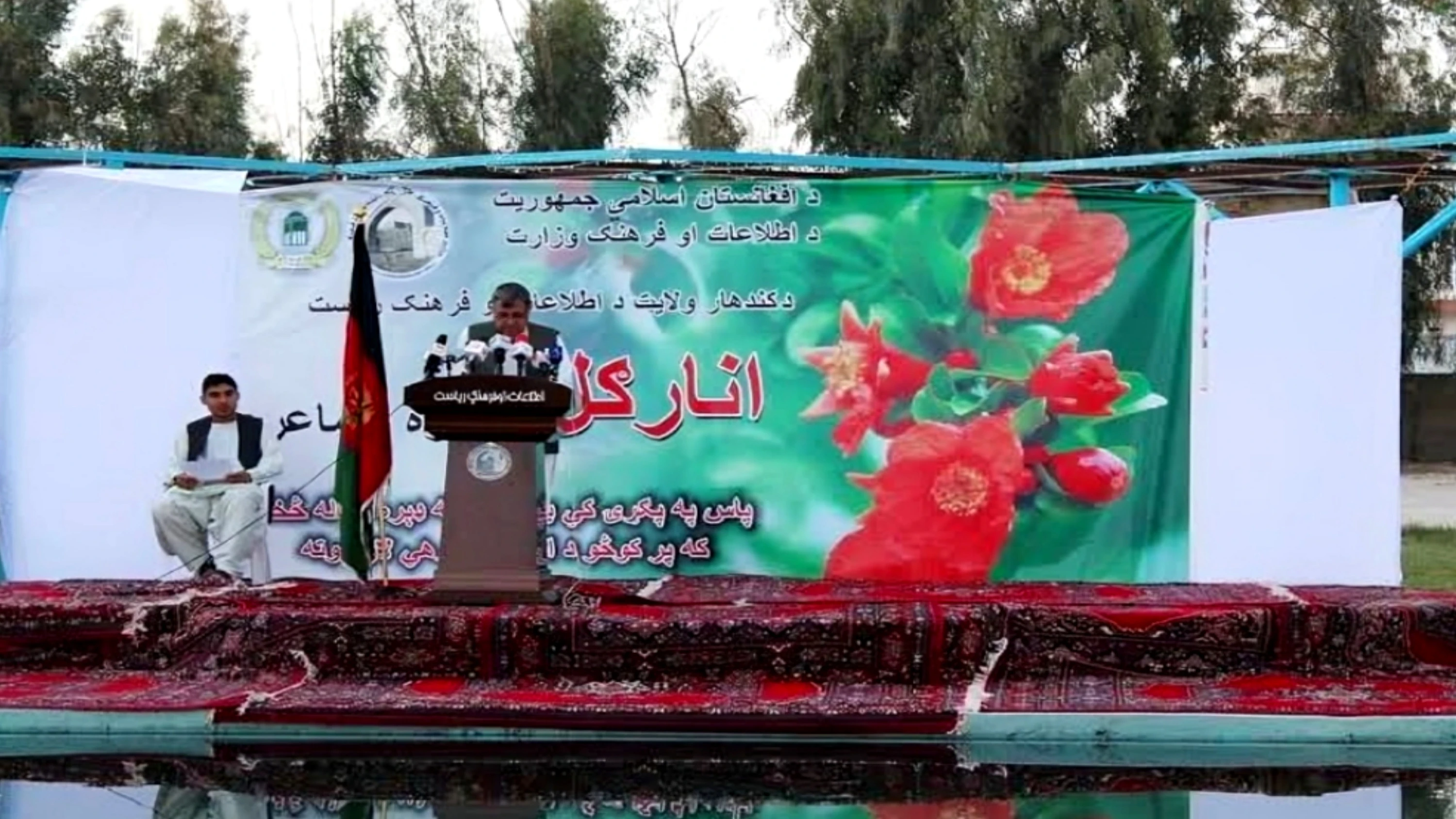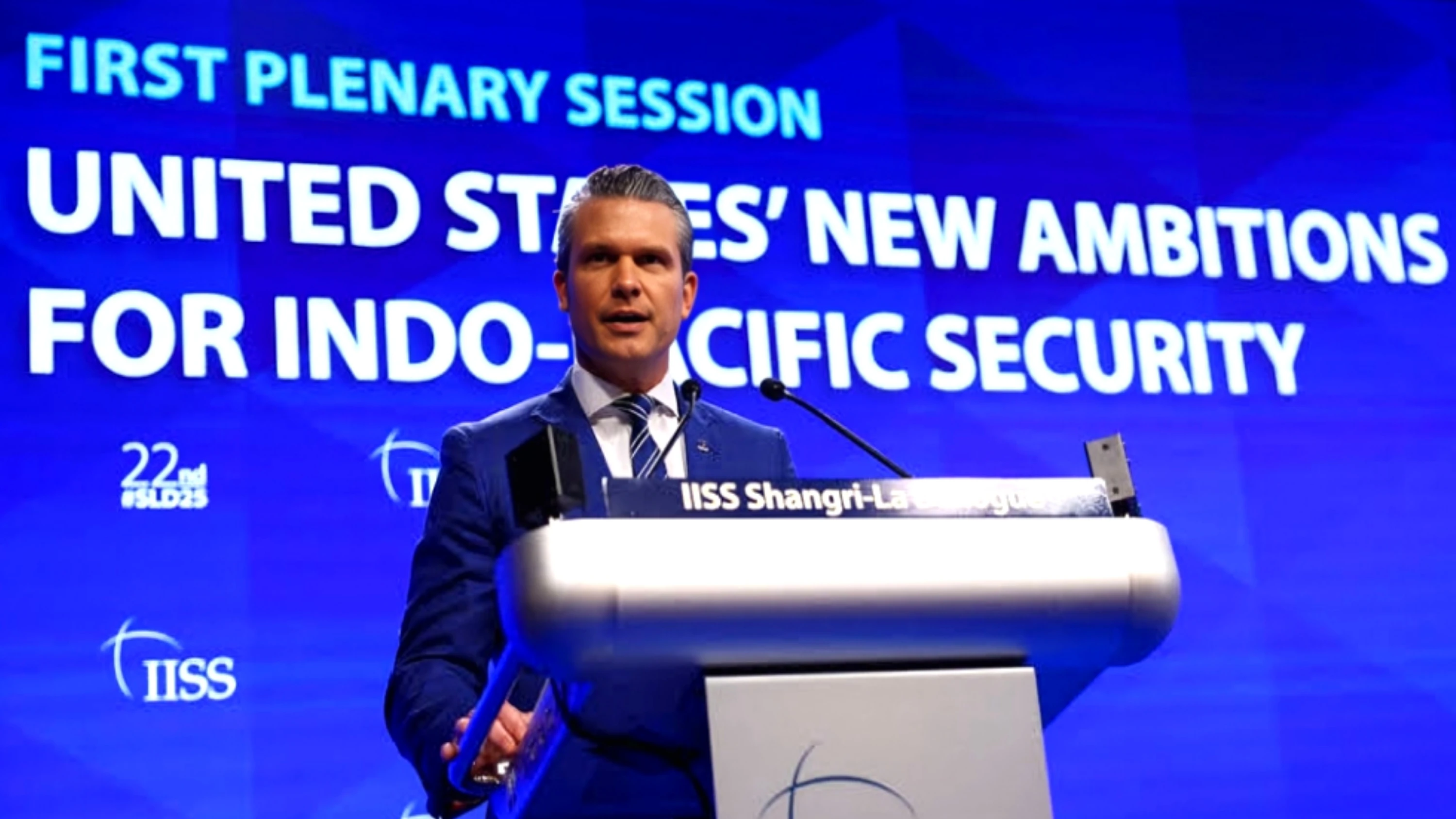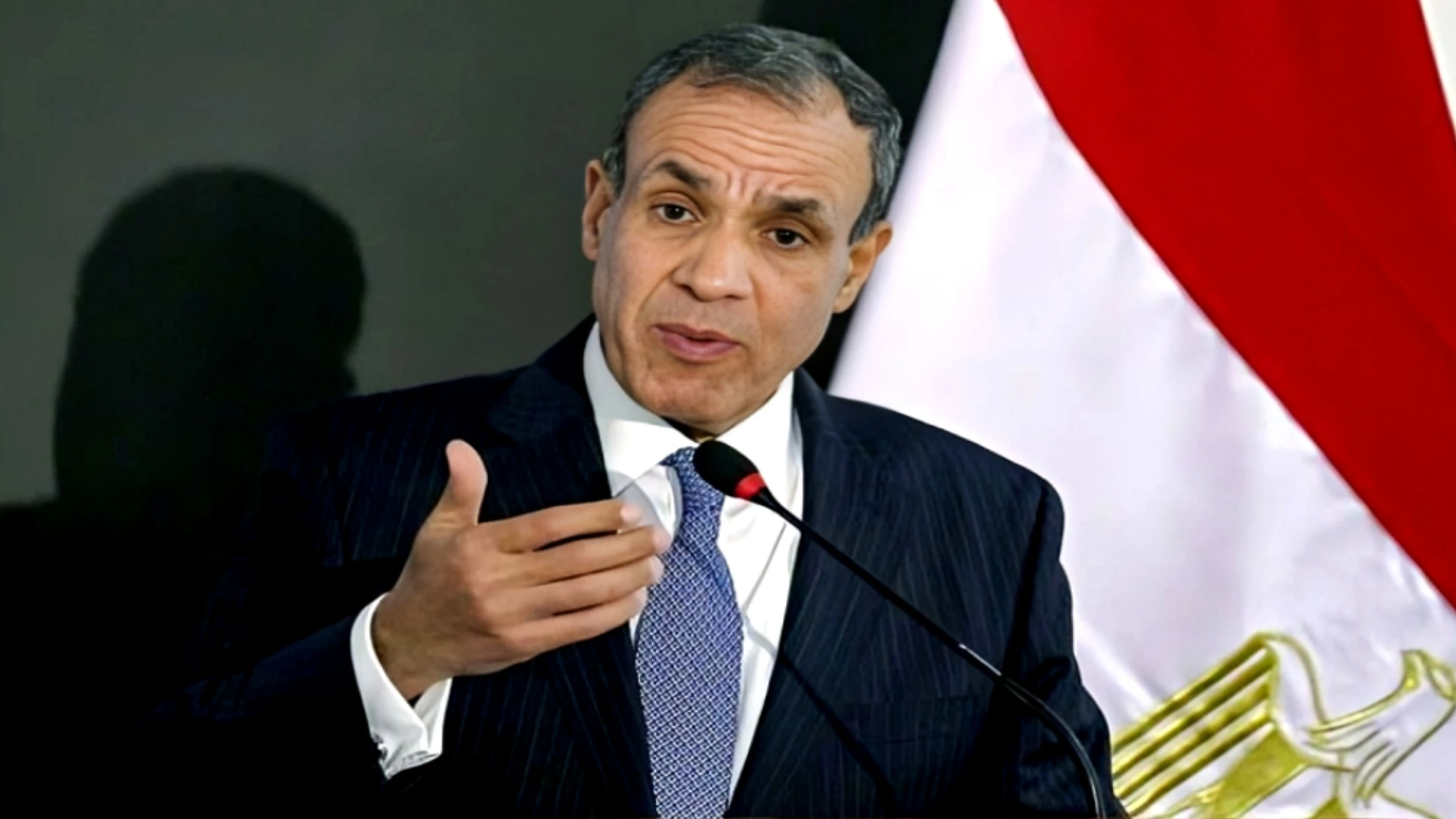Islamabad: Amid escalating tensions between India and Pakistan following reported airstrikes by India in Pakistan-administered Kashmir, several countries including Turkey, Qatar, Russia, UK and France have called for restraint and de-escalation.
In a statement released by the Turkish Ministry of Foreign Affairs, Turkey expressed concern over the increased risk of war resulting from the Indian airstrikes. The ministry condemned any "provocative acts" and attacks targeting civilians or civilian infrastructure. The statement further urged both sides to refrain from unilateral actions and supported Pakistan's call for an investigation into the Pulwama incident.
Qatar also voiced deep concern over the growing hostility between the two nuclear-armed neighbors. The Qatari Ministry of Foreign Affairs appealed for calm and encouraged both India and Pakistan to resolve their issues through diplomatic means. It emphasized the importance of maintaining open lines of communication to ease tensions.
Russia echoed similar sentiments. In remarks disseminated by Russian media, the Foreign Ministry condemned acts of terrorism and stressed the need for a unified international effort to combat such threats. Russia, while traditionally a close ally of India, also maintains friendly ties with Pakistan. The Russian statement expressed hope that the ongoing disputes between Delhi and Islamabad could be resolved peacefully.
British Foreign Secretary David Lammy expressed concern over the ongoing tensions between Pakistan and India, calling the situation “deeply troubling.” In a statement on Wednesday, he emphasized that the UK is urging both nations to exercise restraint and pursue a swift diplomatic path through direct dialogue.
Lammy stated that the UK maintains strong and friendly ties with both countries and has made it clear to his counterparts in India and Pakistan that further escalation would benefit no one. He reiterated the UK’s condemnation of last month’s terrorist attack in Pahalgam and stressed the urgent need for all parties to work toward regional stability and the protection of civilians. Lammy also noted that the safety of British nationals in the region remains a top priority, with the Foreign Office closely monitoring the evolving situation.
Meanwhile, French Foreign Minister Jean-Noël Barrot, in an interview with a French news channel, called for restraint from both sides. He acknowledged India's concerns about terrorism but emphasized the necessity of avoiding escalation and protecting civilian lives.
The international appeals come amid fears that the recent hostilities could spiral into a larger conflict. Diplomatic efforts are now being urged from multiple global actors to prevent further deterioration of regional stability.








